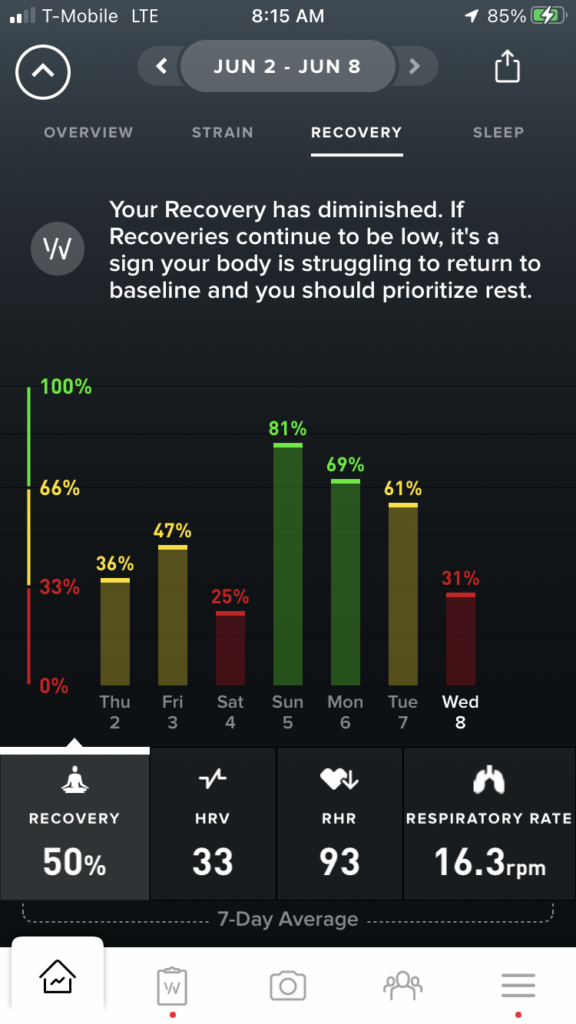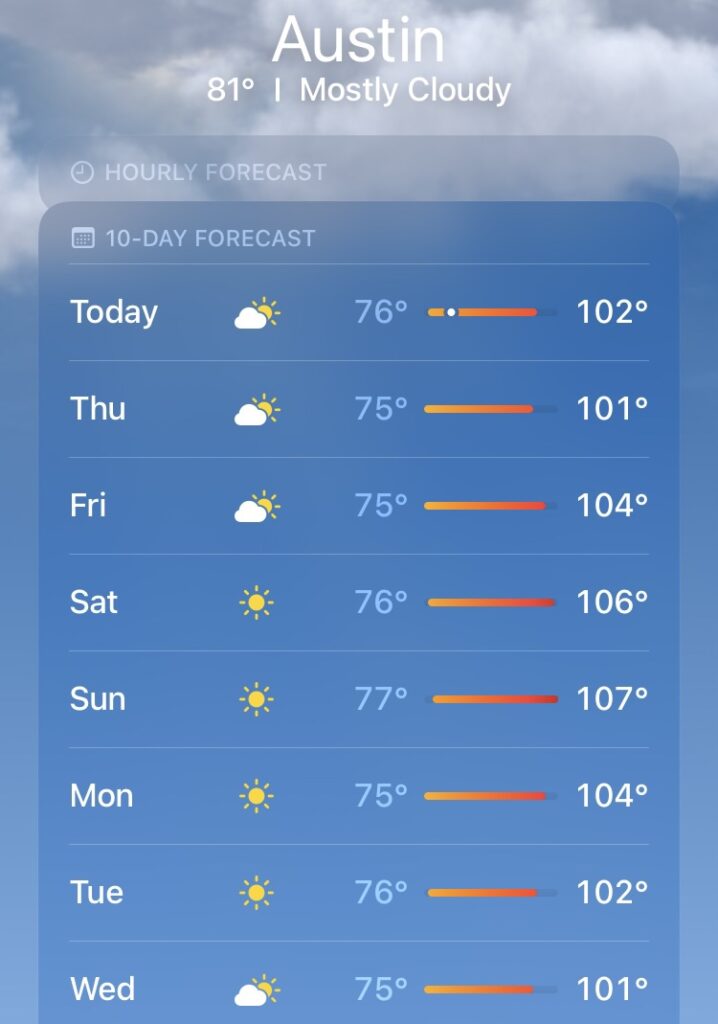Time has never acted like it is linear in my observation. It extends and stretches when you wish it could speed by. And it slows and circles back when you would most prefer it go quickly. Time is relative is a good joke, but also might be more related to a curse.
As I was waiting for a food delivery order today I could feel time unspooling. It stretched on into two episodes of some engaging but fundamentally disinteresting Netflix show. My head began to hurt. I remember taking an aspirin and getting a snack. I recall a phone call made to the delivery service order. And then my sense of linearity starts to fray. I’m not sure what happened next or in what order.
I think it was clear a migraine was coming on in the middle of this first act of swollen stretching time. But I couldn’t tell you for sure. Once pain hooks up with time it requires a Buddha or someone enlightened on the ways of Jhana. Still I tried to push myself out of the path of this time. Why not ordered a pizza as a replacement meal. That might be quick? I blamed the blooming migraine and it’s sister nausea on a lack of food. But in reality I was past the point of being helped. I was simply trying to avoid the oncoming path of the migraine.
I recall a pizza arriving but not the original delivery order. I made an attempt to eat. But I was in the grips of the time expanding migraine now. I took an Imitrax. I had some CBD. Perhaps terrapins and triptans could convince my mind that the moments of pain were short and fleeting. That was my best hope for experiencing the migraine in a positive way.
I put on a face mask. I sunk into a mindfulness practice. I noticed and turned over the kinds of discomforts I found myself in one by one. The emotional fears that I wanted distance rose up. The pain that bubbled around my body tightened, giving me a rationale for not wanting to being touched. A mind that wanted to drift far from others overlapped with my normal mind, this mind wasn’t forced to endure the noisy input from the world. All those experiences rose and burst forth and dissipated. Pain, distance, and fear came and went.
Consciousness seemed possible again. I had the sense that I could articulate some of what happened to me over the past three hours. That perhaps I could codify it in writing. It wouldn’t be as vivid but it would be there. The fear and failure and disprovals still existed but less acutely. The pressure on my mind had become less swollen. Time wasn’t threatening to extend out any other direction but forward. And maybe I could finally enjoy a bite to eat again. It has been five hours total since the migraine began.

